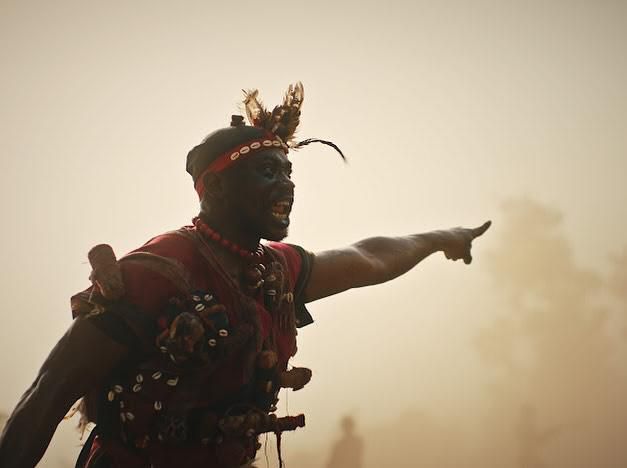According to Google, Lísàbí: The Uprising broke records to become one of the most-searched Nigerian films in 2024. It was also one of the most-watched Nollywood titles on Netflix this year. Within days of its September release, the two-hour historical drama surged to the number one spot on Netflix Nigeria’s chart, cementing its status as a cultural phenomenon.
The film’s success points to the growing appetite for stories that honor African heritage and bring our indigenous narratives to a global audience. Lísàbí chronicles the life of Lísàbí Agbongbo Akala, the fearless Egba warrior-farmer who rose against oppression to secure freedom for his people. The film resonated deeply with viewers, highlighting the universal themes of resilience and the enduring pursuit of justice.
Critics were quick to hail Lísàbí: The Uprising as one of Nollywood’s finest epics of the year, placing it alongside standout titles like House of Ga’a. The movie was lauded for its bold foray into the biopic genre—still a rarity in Nollywood—and its nuanced exploration of political oppression, unity, and liberation. More than just entertainment, Lísàbí was celebrated for educating and inspiring audiences with its powerful narrative and historical depth.
Speaking about the film’s impact, Adedimeji Lateef, the lead actor and executive producer, reflected on the growing recognition of African storytelling. “The love and recognition that Lísàbí has received, both in Nigeria and globally, is a testament to the power of our stories. It shows that the world is ready and eager to engage with narratives that are authentically African—stories that celebrate our heritage, struggles, and triumphs,” he said.
Lateef, who also founded AL Notions Film Studios, the production company behind Lísàbí, described the project as deeply personal. “Lísàbí is not just entertainment; it is a preservation of history, culture, and identity. I am immensely proud that a story so deeply rooted in my ancestral history is being embraced on a global platform like Netflix. It’s a reminder that our stories matter and deserve to be told.”








